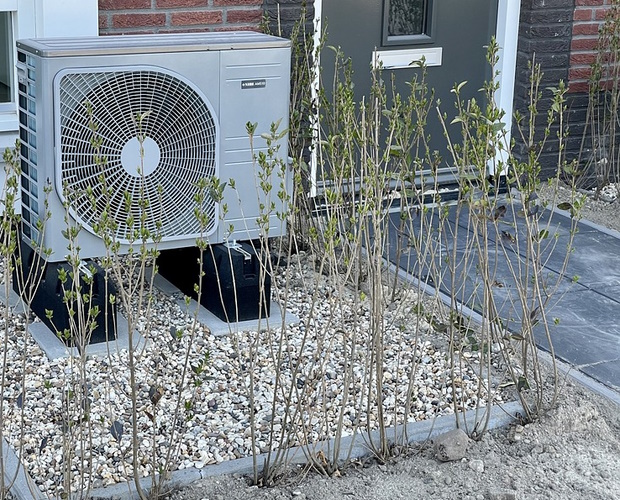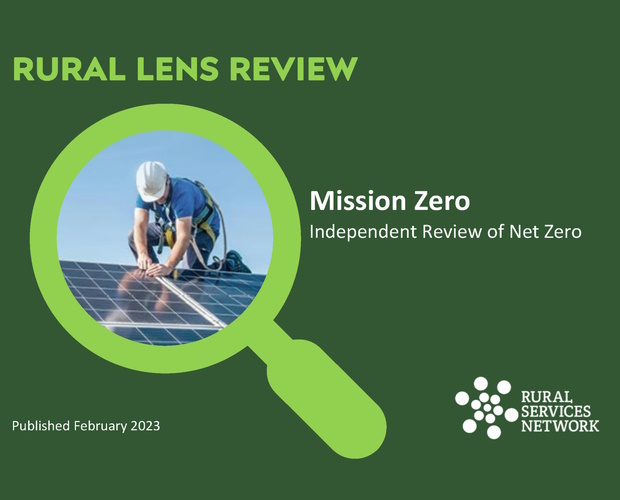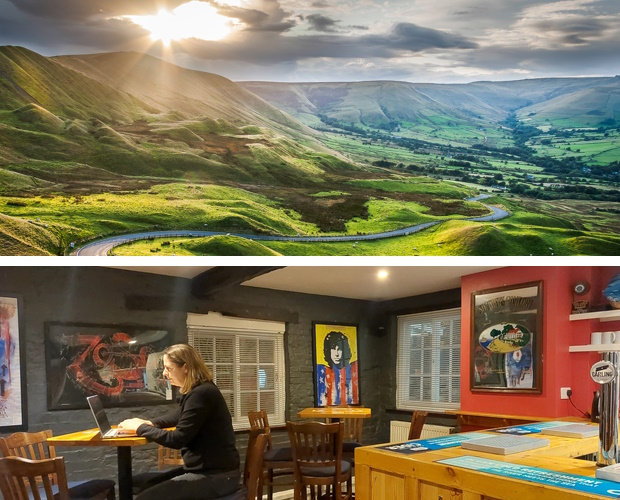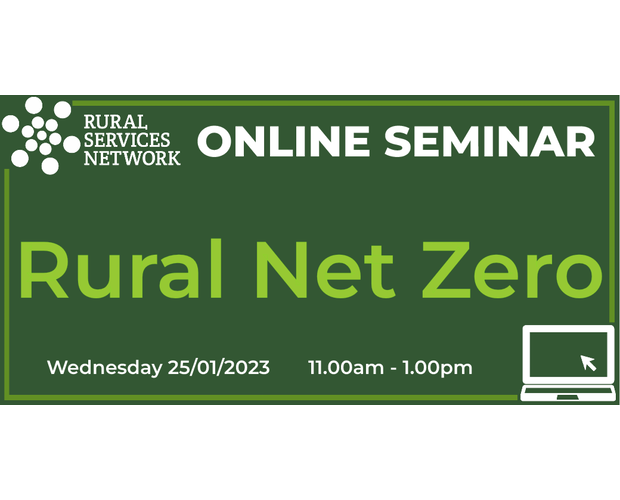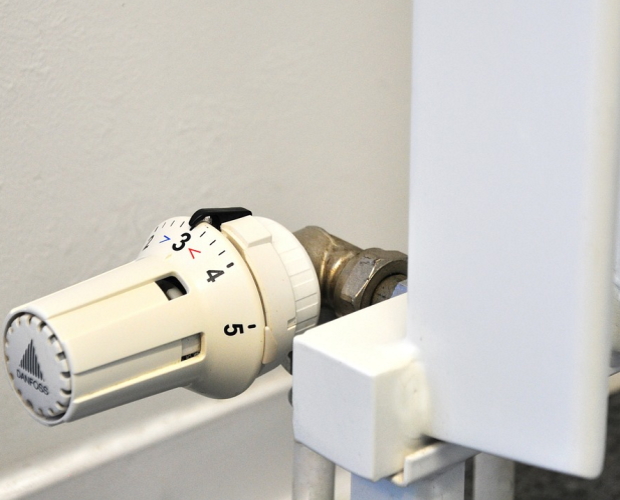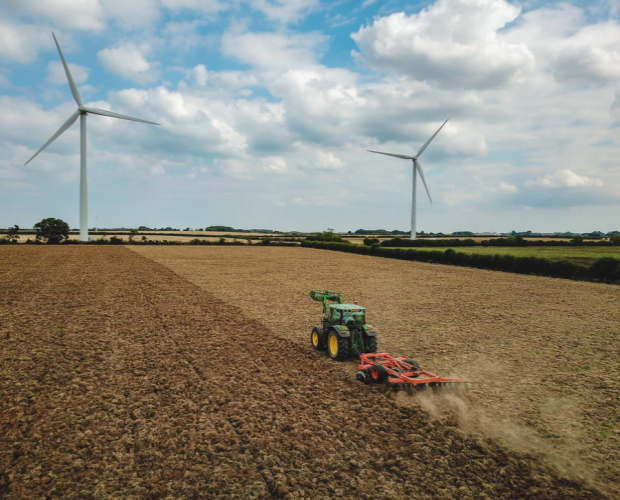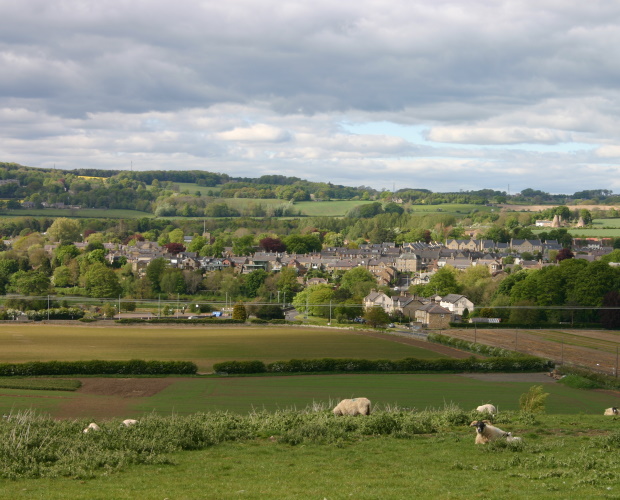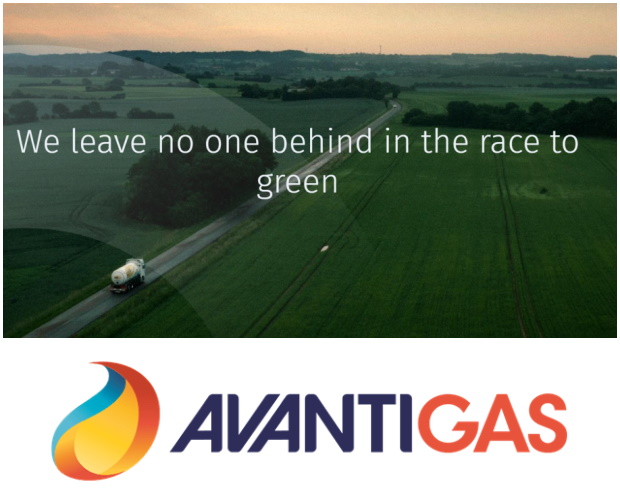T: 01822 851370 E: [email protected]
Rural Net Zero
The Guardian reports that a third of the funding pledged by the UK government for insulation and installing heat pumps has not yet been spent, analysis has shown, despite the continuing energy bills and cost of living crises About...
The Rural Services Network has published its Rural Lens review of the Mission Zero – Independent review by Rt Hon Chris Skidmore MP which was released in January 2023. Mission Zero, makes 129 recommendations covering areas including the greater...
Seven new research projects to examine how rural enterprises are adapting to the major challenges affecting the economy are to be undertaken. The National Innovation Centre for Rural Enterprise (NICRE) has commissioned the research to deepen its understanding...
- To download the Agenda for this seminar click here POST EVENT: PRESENTATIONS Nadine Trout, Assistant Chief Executive, Rural Services Network, “Welcome and introduction to the topic of Rural Net Zero”...
The Guardian reports that a proposal to incentivise households in rural areas to run their heating systems on vegetable oil is to be put to parliament The former environment secretary, George Eustice, will introduce a bill proposing the removal...
The Guardian reports that Rishi Sunak has signalled the end of a moratorium on new onshore wind projects in an attempt to head off a row with Tory MPs The prime minister and the business secretary, Grant Shapps, reached...
The Home Upgrade Grant: Phase 2 (HUG 2) is a grant funding scheme of up to £700m launched by the Department for Business, Energy and Industrial Strategy (BEIS) to help Local Authorities (LAs) provide energy efficiency upgrades and clean heating...
The impacts of dangerous climate change will affect all communities. This much is already clear from the rural impacts of increasingly frequent storm damage, flood events and periods of drought. Minimising man-made climate change matters as much to rural communities...
How renewable liquid gas presents an affordable heating solution for off-grid homes and businesses The UK’s rural communities include around 2 million homes that are off-grid, so rely on alternate fuel sources for their heating systems that...
The Telegraph reports how strict planning could force households to buy heat pumps even if they do not want them They were intended to be the silver bullet that meant British households would meet the Government’s ambitious “net zero”...
NEWSLETTER
Sign up to receive all our latest news and updates.
HOT TOPICS
Amid reduced public spending, fair resource allocation across regions is crucial. Despite a population larger than Greater London, rural areas receive significantly less funding for essential services, even though delivering these services in rural areas is more expensive.
Economic growth is widely acknowledged as essential for national wealth and prosperity and is a priority for political parties. Rural economies, employing millions and home to a higher proportion of small businesses, have potential for growth if barriers are removed.
Rural residents face distinct healthcare challenges, including limited access to transport, longer distances to medical facilities, an aging demographic, housing inadequacies, digital connectivity gaps, and difficulties recruiting health and care workers.
Rural communities are grappling with a severe affordable housing crisis, marked by high house prices, a lack of affordable housing, elevated living costs, and lower incomes, threatening their sustainability and vitality.
Transport is vital for the quality of life and economic health of rural areas, yet it faces challenges such as infrequent public bus services and less Government funding compared to urban regions.
Rural areas, encompassing a substantial portion of England's population and land, play a pivotal role in combating climate change and achieving the net zero target.
In an increasingly digital world, the lack of robust digital infrastructure in rural areas severely limits access to crucial services and stifles economic growth.
A future-focused vision for rural communities involves not just building the right homes in the right places but also ensuring thriving, sustainable communities.
SIGN UP TO OUR NEWSLETTER
Sign up to our newsletter to receive all the latest news and updates.

